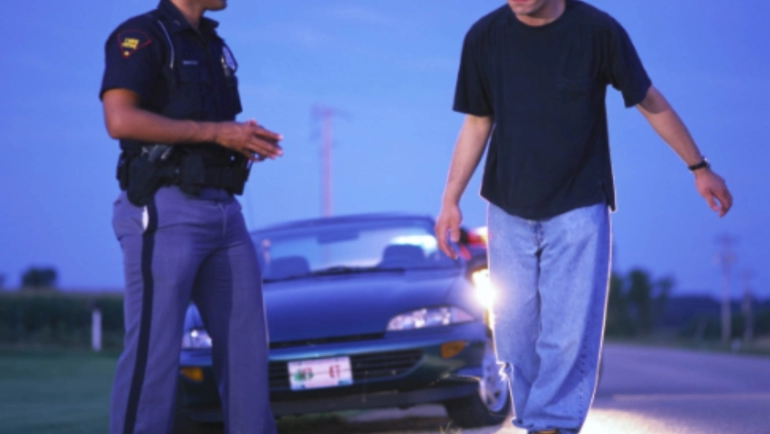253Views

DUI checkpoints are an increasingly popular tactic used by law enforcement agencies to deter drunk driving. Legal in Georgia as long as they adhere to specific guidelines, these roadblocks serve an effective deterrent effect.
As you approach a DUI checkpoint, it is essential that you remain calm and courteous. Be mindful that you have the right to remain silent without providing answers that could incriminate yourself.
The Legality of DUI Checkpoints
Georgia DUI checkpoints are legal as long as officers abide by certain guidelines, which include seeking supervisor approval and setting neutral criteria for stopping cars, appropriate signage and public notice. They should also be conducted under reasonable suspicion of impairment; officers must have probable cause to stop your vehicle if they observe slurred speech or detect alcohol scent, providing probable cause to investigate further, while providing basic documentation such as driver’s licenses and insurance cards as requested.
Alpharetta DUI lawyers can help you understand your rights and how to respond in the event of a checkpoint encounter with police. Stay calm and polite with police while knowing that it’s within your right to refuse field sobriety tests or answer questions that could incriminate yourself if asked by officers. Also keep all required paperwork ready in your car in case prompt action is requested of you from them.
The Public Perception of DUI Checkpoints
DUI checkpoints are highly visible tools used to reduce incidents of drunk driving. While this form of intervention may reduce incidents, its implementation can sometimes prove controversial as drivers encounter inconvenienced and possibly arrested even if they are not under the influence of alcohol or drugs.
DUI checkpoints must abide by certain rules in order to remain legal, such as providing advance notice, neutrally stopping all vehicles and using consistent procedures to eliminate bias. Furthermore, its location should be chosen carefully with relevant data in mind.
At a DUI Checkpoint, it is vital that you remain calm and cooperate with officers. Provide requested documents, answer any necessary questions truthfully but do not volunteer any additional information that is unnecessary. Furthermore, try not to make sudden movements or exhibit signs of nervousness or anxiety – should your rights have been violated please seek the advice and assistance from an Atlanta DUI Defense Attorney immediately.
The Legality of Refusing a Breath Test
Georgia’s implied consent law mandates all drivers submit to a breath test; however, officers cannot force you to take one. You are obliged to present your driver’s license, registration information and proof of insurance but have the right to remain silent beyond this information. Politely exercising this right prevents inadvertent statements which could later be used against you from coming out in conversation.
Field sobriety tests and preliminary breath tests (PBTs) are subjective assessments that you can politely decline to participate in; however, failing an official breath or blood test at a police station or after arrest could have serious legal repercussions under state DUI laws.
If an officer fails to properly explain your rights and the repercussions of refusing a test, this may provide grounds for a refusal defense. Furthermore, challenging initial stop or arrest as lacking probable cause can help defend you against DUI charges in the future.
The Legality of Refusing a Field Sobriety Test
Police officers may request drivers take field sobriety tests, such as the one-leg stand or horizontal gaze nystagmus tests. While these assessments may incriminate you, you have the right to decline.
Politely decline these tests and any requests from roadside breathalyzer machines; however, if officers suspect impaired driving they may arrest you for further testing or detention.
At DUI checkpoints, it’s essential that you remain calm and cooperate. Have essential documents such as your driver’s license, registration documents, and proof of insurance handy to reduce further delays and remain silent beyond providing required information and refraining from incriminating yourself in any way. If you feel your rights were violated during a checkpoint encounter, reach out to an experienced criminal defense lawyer immediately – James Yeargan has skills that can help mount a strong legal defense against charges that rely on unreliable evidence.



